Revolutionizing Personal Finance: How AI is Transforming Investment and Budgeting

AI-Powered Personal Finance: Reshaping Your Financial Future?
Do you ever feel overwhelmed by the complexities of managing your money? Between investments, budgeting, and long-term financial goals, it can feel like navigating a labyrinth. But what if artificial intelligence could offer a guiding light, personalized insights, and automated solutions? The rise of AI-Powered Personal Finance isn’t a futuristic fantasy; it’s rapidly becoming a present-day reality, transforming how individuals approach their financial well-being. This technology promises to democratize financial expertise and empower everyone to make smarter, more informed decisions.
Key Concepts & Trends
The landscape of AI-Powered Personal Finance is brimming with exciting developments. One of the most prominent trends is the use of machine learning algorithms to analyze vast amounts of financial data – from transaction history to market trends – to provide personalized recommendations. Think of it as having a highly knowledgeable financial advisor available 24/7.
Robo-advisors are a prime example. These automated platforms use algorithms to build and manage investment portfolios based on your risk tolerance, financial goals, and time horizon. They offer a cost-effective alternative to traditional financial advisors, particularly for those with smaller investment amounts.
Another key concept is financial planning chatbots, powered by natural language processing (NLP). These virtual assistants can answer your financial questions, help you create budgets, and even guide you through complex financial processes. Imagine asking your finance app, “How much should I save for retirement?” and receiving a tailored response.
Furthermore, AI is playing a crucial role in fraud detection and cybersecurity. Machine learning algorithms can identify suspicious transactions and protect your financial accounts from unauthorized access, offering a significant layer of security in an increasingly digital world.

Data & Market Insights
The market for Fintech Investments is booming, with AI being a major driver. A recent report by Grand View Research projects the global AI in finance market to reach USD 1.5 billion by 2027, growing at a CAGR of 25.6% from 2020 to 2027. This explosive growth is fueled by increasing demand for personalized financial services, rising adoption of cloud computing, and the increasing availability of data.
Interestingly, a survey by Salesforce found that 76% of consumers are willing to share their financial data with financial institutions if it leads to more personalized and valuable services. This highlights the critical role of data in powering effective AI-Powered Personal Finance solutions.
For instance, Lemonade, a popular insurance company, leverages AI to automate claims processing, resulting in faster payouts and improved customer satisfaction. Similarly, Betterment, a leading robo-advisor, has amassed over $15 billion in assets under management by providing accessible and affordable investment management powered by AI.
Smarter Strategies & Alternatives
Embracing AI-Powered Personal Finance isn’t about blindly trusting algorithms; it’s about using technology to enhance your own financial literacy and decision-making. Here are some smarter strategies:
- Diversification is Key: Even with AI-driven portfolio management, don’t put all your eggs in one basket. Ensure a diversified portfolio across different asset classes.
- Understand the Algorithms: While you don’t need to be a data scientist, understanding the basic principles behind the AI algorithms used by your financial tools can help you make more informed decisions.
- Set Clear Goals: Define your financial objectives (retirement, home purchase, etc.) so you can align your financial strategies with your aspirations.
- Regularly Review: AI tools are great, but they aren’t perfect. Schedule regular reviews of your portfolio and financial plan to ensure they still align with your needs and market conditions.
Beyond robo-advisors, consider exploring AI-powered budgeting apps like Yolt or Mint, which offer intelligent spending analysis and personalized savings recommendations. For those interested in Fintech Investments beyond traditional stocks, exploring platforms offering access to alternative investments using AI-driven insights could be beneficial.
Use Cases & Applications
The applications of AI-Powered Personal Finance are vast and expanding rapidly.
For Individuals: AI helps automate budgeting, identify areas for savings, personalize investment strategies, and even negotiate better rates on loans and insurance.
For Businesses: AI enables financial institutions to offer hyper-personalized products and services, streamline operations, detect fraud, and improve customer experience.
Startups like Personal Capital are using AI to provide holistic financial dashboards, giving users a complete view of their financial health. Enterprise-level solutions are leveraging AI for predictive analytics, forecasting financial performance, and optimizing investment decisions.
Common Mistakes to Avoid
Despite its potential, there are pitfalls to watch out for when adopting AI-Powered Personal Finance:
- Over-Reliance on Automation: Don’t blindly trust AI. Maintain a degree of financial literacy and actively participate in your financial decisions.
- Ignoring Fees: Even robo-advisors charge fees. Compare fees across different platforms to ensure you’re getting a good value.
- Data Privacy Concerns: Be mindful of the data you share with financial apps and ensure they have robust security measures in place.
- Lack of Transparency: Ensure that the AI algorithms are transparent and that you understand how they are making recommendations.
A study by the Ponemon Institute found that data breaches in the financial services industry cost an average of $4.35 million per incident. This underscores the importance of prioritizing cybersecurity when using any AI-powered financial tool.
Maintenance, Security & Long-Term Planning
Maintaining the security of your financial data is paramount. Always use strong, unique passwords and enable two-factor authentication. Regularly review your account activity for any suspicious transactions.
For long-term planning, consider diversifying your financial tools and strategies. Don’t rely solely on AI-powered platforms. Maintain a solid understanding of fundamental financial principles. Regulatory considerations around AI in finance are constantly evolving – stay informed about updates and potential impacts.
Summary & Key Takeaways
AI-Powered Personal Finance is no longer a futuristic concept – it’s a powerful tool that can help you take control of your financial future. From personalized investment recommendations to automated budgeting, AI is transforming how individuals and businesses manage money. However, it’s crucial to approach this technology with informed decision-making, understanding the potential pitfalls and prioritizing data security.
Ready to explore the world of AI-Powered Personal Finance further? Share your thoughts in the comments below – what are your biggest questions or concerns? Don’t forget to share this post with your network! You can learn more about the future of finance here.
FAQs
Is it too late to invest in crypto?
While the cryptocurrency market is volatile, AI is being used to analyze market trends and identify potential investment opportunities. Researching and understanding the risks are crucial before investing.
How can small businesses use AI?
Small businesses can leverage AI for tasks like customer service chatbots, automated marketing campaigns, and financial forecasting.
What tech stacks scale best?
Cloud-based solutions built on platforms like AWS, Azure, or Google Cloud are typically the most scalable for growing businesses utilizing AI.
Share this content:

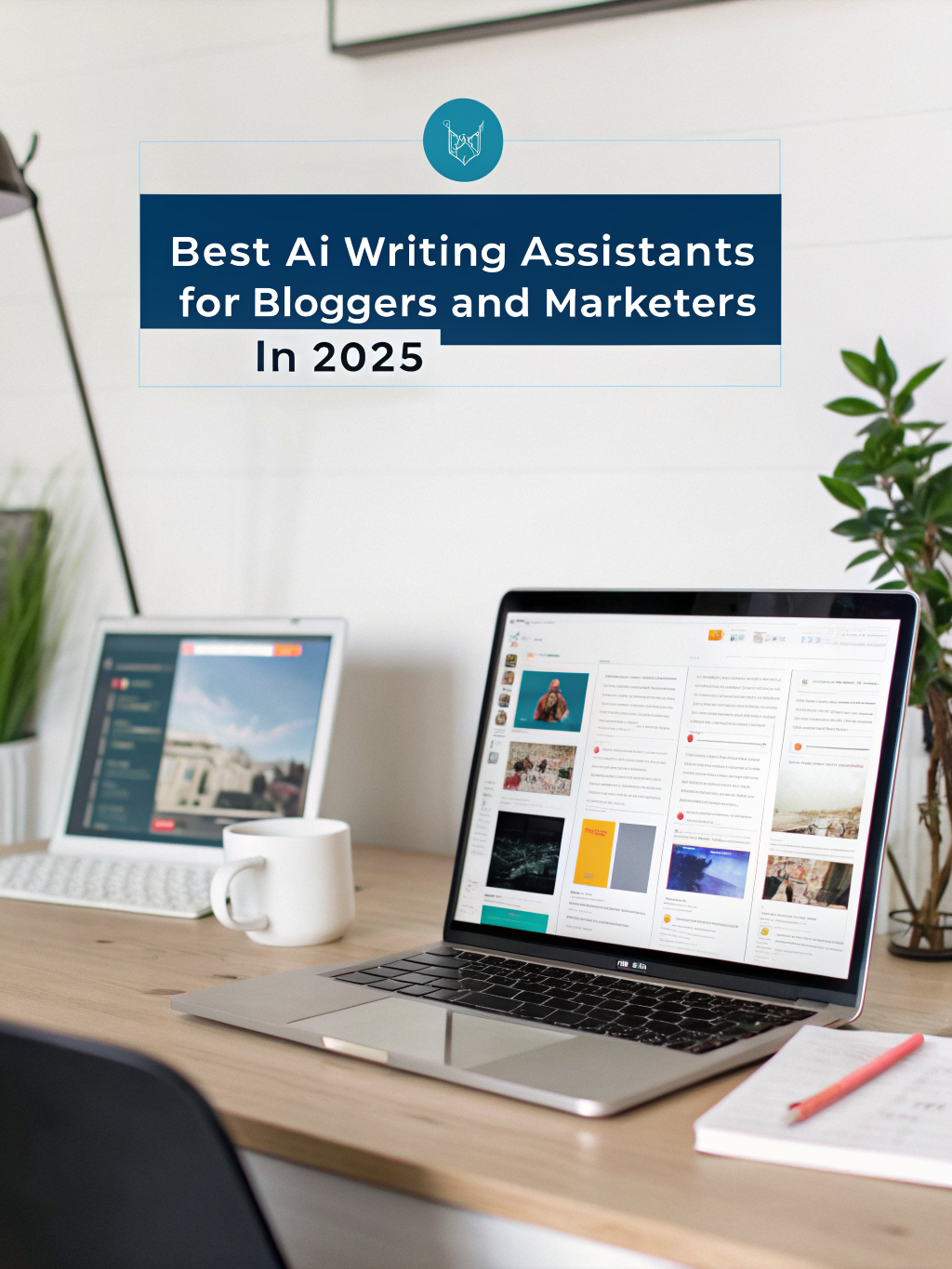
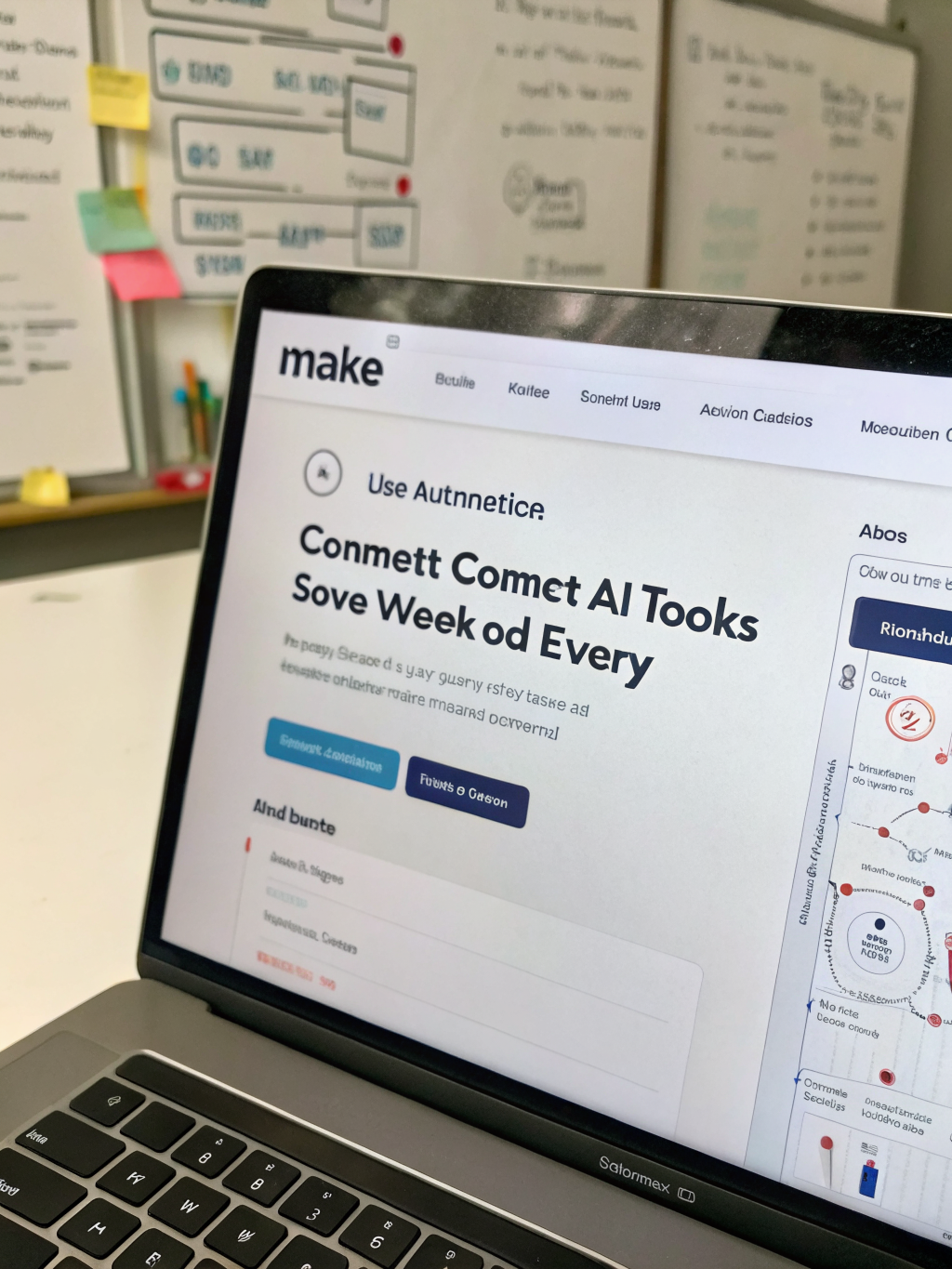
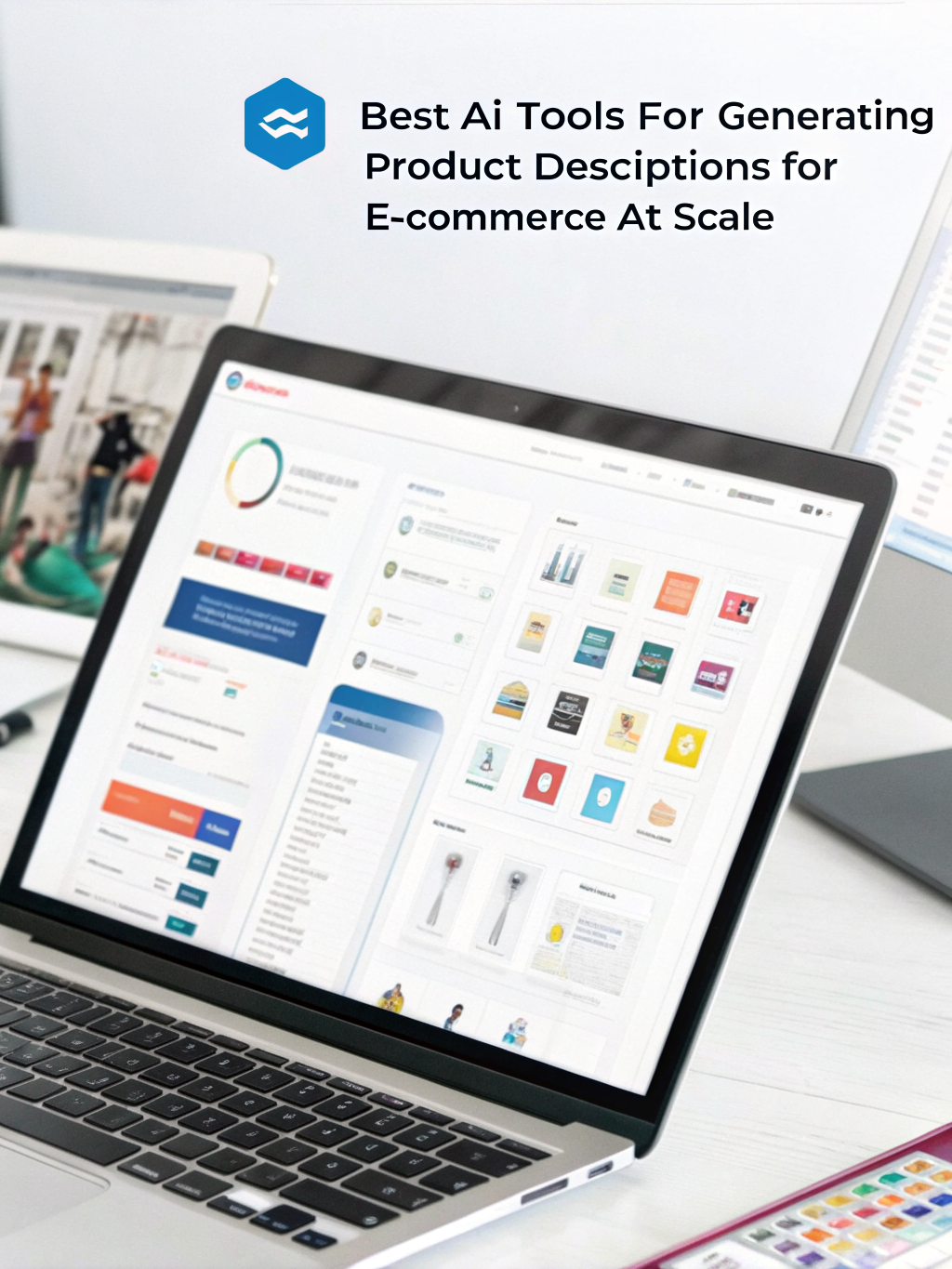
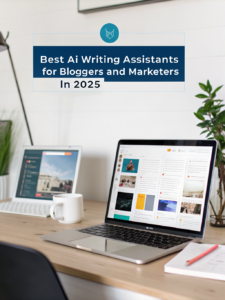
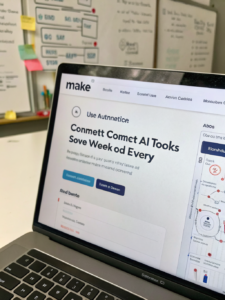
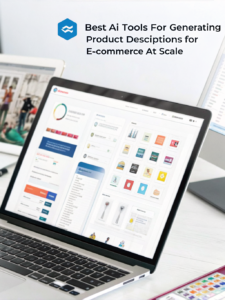
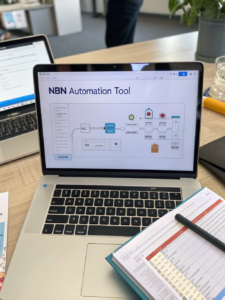
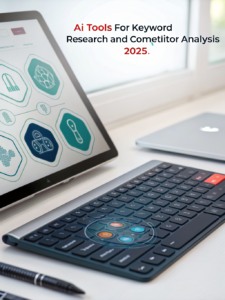
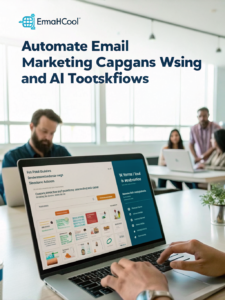
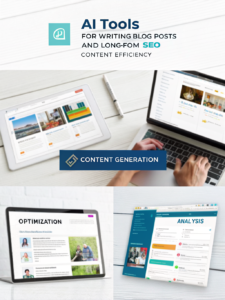


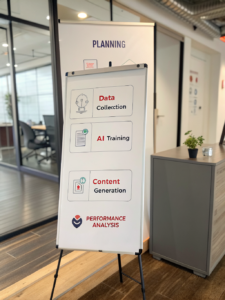
Post Comment